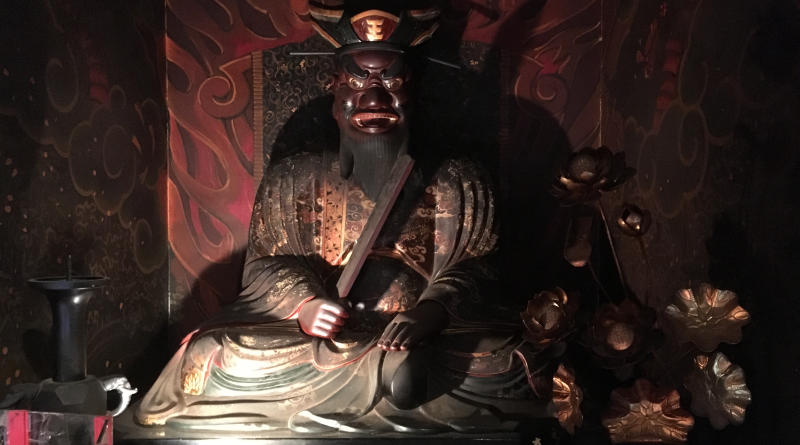JUNDO NOTE: This thread combines some posts from other threads discussing the concept of the 'Bardo' and what is reborn in traditional beliefs of Soto Zen. While in my own practice, I am personally rather agnostic or skeptical of very literal interpretations of such things, I am also not overly concerned, neither affirming nor absolutely denying. I like to say that, whatever the case regarding future lives, DON'T MESS UP THIS ONE! and live gently now. One can practice Zen and Zazen with or without such beliefs. I leave it to each to come to their own understanding.
I don't know if it means anything from a Zen perspective, but it has been explained to me that in Tibetan Buddhism there are four important bardos, or "in between states" (a common translation) that we experience while living: birth, death, meditation and dreaming. Each of them is important.
Gassho,
Juki
Sat today and lah
I don't know if it means anything from a Zen perspective, but it has been explained to me that in Tibetan Buddhism there are four important bardos, or "in between states" (a common translation) that we experience while living: birth, death, meditation and dreaming. Each of them is important.
Gassho,
Juki
Sat today and lah





Comment